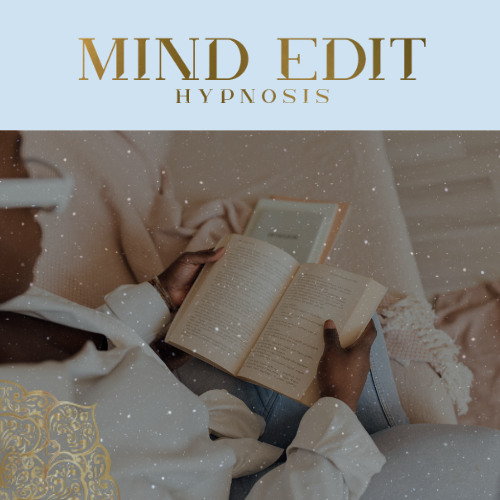
Hey Friend!
As the weather warms up and we find ourselves venturing out more and more into the world, I’ve noticed an increase in advertisements for fad diets and calls back to gyms so we don’t miss out on our Hot Girl Summer. In other words, “Diet Culture” is back in full swing.
Our society is OBSESSED with weight, and, not surprisingly, the diet and weight-loss companies have become a $71 Billion dollar industry. There is money to be made from you hating your body and forking over your money for the products and services that are guaranteed to “fix” you.
I don’t know about you, but I’ve been hyper-aware of my weight and body image since I was a teenager. Growing up in the 90’s, the ideal “it” body was one described as “heroin chic,” a super skinny, bony, and pale body. But now, I’m at a point in my life where I just want to be free from what poet, activist and transformational leader, Sonya Renee Taylor, describes as “body terrorism.” I’m ready to try another way.
In Taylor’s book, The Body is Not an Apology: The Power of Radical Self-love, she offers these questions to help you uncover some hidden or not so hidden beliefs about bodies:
– Do I believe it’s okay to be bigger, just not too big? How do you define “too big”?
– Do I make assumptions about people’s health based on their weight?
– Do I believe that healthier bodies are better bodies?
– Do I use the word fat pejoratively to describe myself and others (including internal dialogue)?
– Do I believe that being fat is fine for others, just not for me?
– Do I believe fat people could lose weight if they just tried hard enough?
– Am I afraid of becoming fat?
– Do I dislike my own fat?
Taylor continues, “If you answered yes to any of these questions, you have some internalized fatphobia to work on. Here’s the good news…of course you do! It would be a feat of supernatural proportions for you to grow up in a fatphobic society and not have internalized fatphobic ideas.”
Taylor argues that the only way to defeat diet culture is to practice radical self-love for our bodies. To help combat hurtful ideas and beliefs about bodies, Taylor suggests a few important changes:
Make Fat Familiar
“Become familiar with the lives and experiences of fat people. Are your bookshelves lacking fat protagonists…Who are the fat heroes or heroines on your television…are they empowered or do they spend their lives chasing thinness…how about your social media feed…You are better positioned to challenge fat bias and weight stigma when you have proximity to the lives of fat people.”
Actively Disrupt Fatphobia and Weight Stigma
“Intuituve Eating and Health at Every Size (HAES) are two alternative models for moving us away from diet culture and toward providing your body the nourishment and care that are best for you.
Know Your Body Shame Origin Story
To root out shame, we have to know where it resides in our minds. I’ve adapted an exercise from her book into a healing self-hypnosis session:
Get into a deeply relaxed state and then “recall your first memory of body shame; it’s likely that your story would have at least one of the following:
-Developed in your youth*
-Was a response to rapid or unexpected body change*
-Occurred when you became aware of difference*
-Led you to assume there was some “should” about your body*
-Was reflected or enforced by familial, social, cultural, and political messaging and systems of body-based oppression*
-Was attached to a story or belief about your value and worth in the world”*
Once you’ve identified the story, hold onto the memory and the feelings that come up and give yourself some healing. There are a variety of ways to do this; you can comfort Little You in that memory (give her a hug, explain why she didn’t deserve that, etc.), you can confront the bully/offending person(s) on Little You’s behalf, you can flood the memory with forgiveness and compassion until the memory loses its emotional charge, or you can let the past memory go and visualize yourself being joyful, having fun and looking great exactly as you are now (this helps build feelings and beliefs of worthiness). Remember that the self-hypnosis session is happening in your mind, a place of endless possibilities, so give yourself a healing in whatever way feels right for you. Repeat this exercise often. See what daily actions you can take to feel happier and more loving towards your body. You can also listen to these guided self-hypnosis recordings from our Group Hypnosis sessions on Body Confidence and Forgiveness and Letting Go.
Remember, YOU have the power radically love yourself exactly as you are. You deserve health and vitality, and true health comes in a variety of different shapes and sizes. There is not one way to look or be. By creating new neural pathways of thoughts and beliefs that reinforce your worth and value at any and every size, you break free from the pain, shame and “shoulds.” Wishing you lots of joy and love in your amazing and powerful body!
Happy editing,
Robin




